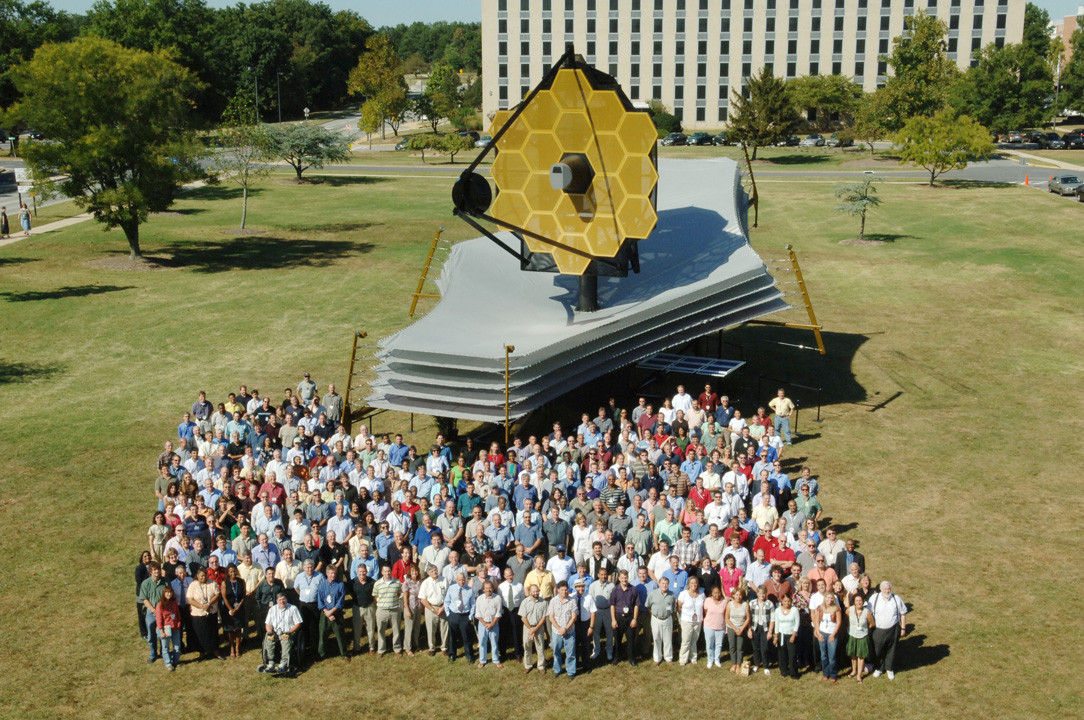Can launchers reasonably be equipped with wider payload fairings in order to carry larger (not heavier) payload? What would be the main problems with doing so, air resistance during the early slow part of the launch maybe? Or the balancing of the center of mass of the payload? Or is it just rarely demanded and therefore uneconomical to provide?
For example, everyone (except for the professionals involved it seems officially) get worried when they see animations of the complicated unfolding planned for the James Webb Space Telescope in space. The mirror is 6.5 meters in diameter. What would it take to launch that unfolded? Its 12.2 meter diameter sunshield would be the next step.
This is a follow up on this similar question/answer
